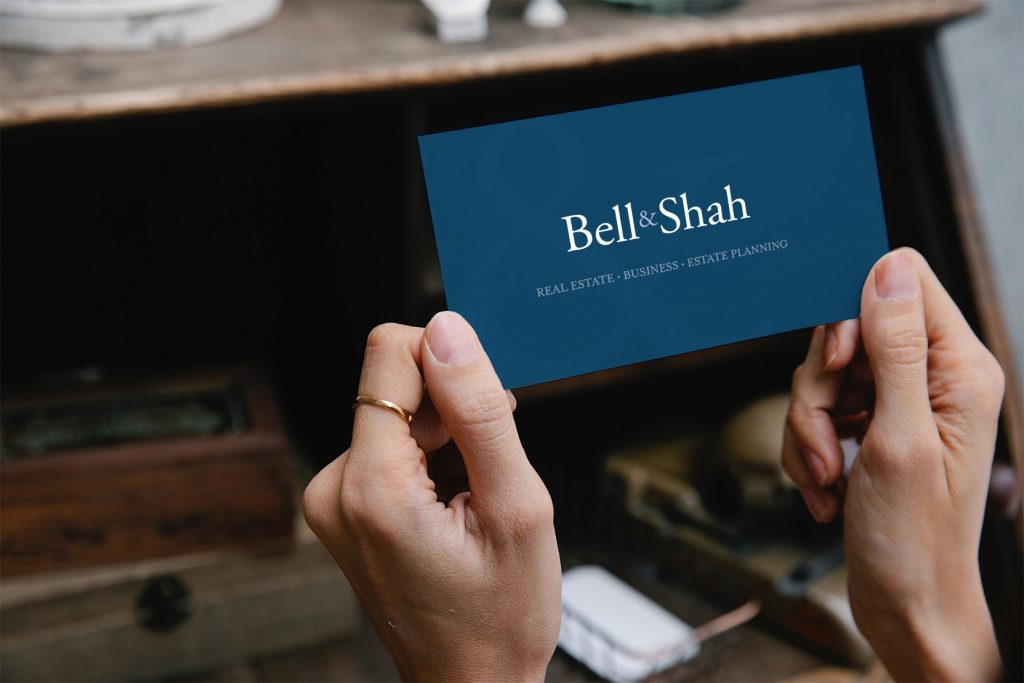Have you ever wondered what the difference is between a license and a certificate? Some people use both words to describe the same thing, which only makes the distinction more confusing. The reality is that these two documents are completely different and it’s important to understand what makes each of them unique.
What Is a License?
Licenses are granted by the state and act as a legal authority to practice a specific profession within the noted scopes of practice. A license is mandatory for anyone who wants to call themselves a licensed professional or practice a profession.
Depending on the state, there may be a single license or there could be a tiered system. One way to think of a license is as a certification that is required.
When a licensing system is in place, the state notes the scope of practice or function and tasks of a specific profession. Only those who have a license are legally permitted to do these tasks.
What Is a Certification?
In contrast to a license, most certifications are voluntary. However, some certifications are required or mandatory to practice within a specific state.
Certification is done by private organizations. It is a way of protecting the public by ensuring the person providing tasks has met the needed requirements.
Certification shows the achievement of professional competency agreed upon by an international community to practice effectively. Depending on the state, certifications may be useful to help someone get a license in the future. It may also make it easier to relocate to a new place.
The Combination of Licenses and Certifications
Certification and licensing processes often work together in a location and act as complements to each other. For instance, a state might recognize a specific credentialing organization that offers valid, reliable, and legally defensible credentialing. The licensing board may work with the board to provide examinations and credentials.
After someone completes this process, the board sends that information to a licensing organization that provides a license. Licensing requirements match the standards of certifications and the license is provided based on getting a certification, passing an exam, and being issued a license.
If you have questions about licensing and certification, an experienced lawyer from Bell & Shah can provide you with answers. It’s important to know you have the appropriate license or certificate to handle professional tasks. Speak with an attorney to stay up-to-date and ensure you are following the law.

